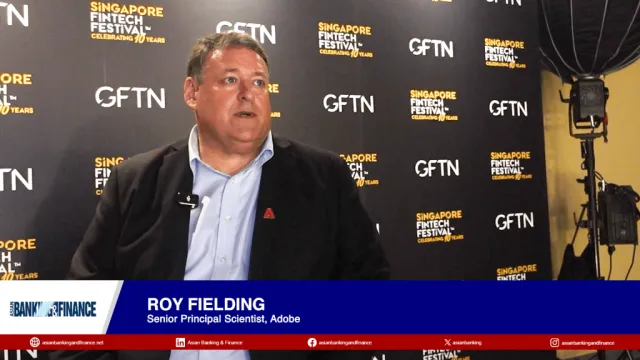
Weekly Global News Wrap: China, HK regulators to boost offshore listings, Crédit Agricole to raise stake in Banco BPM
And Google Payment Corp. is under federal supervision over risks to consumers.
From Reuters:
Regulators in China and Hong Kong have instructed major global and Chinese investment banks to help accelerate listings for Chinese companies, aiming to boost fundraising and revitalise the economy.
In October, the China Securities Regulatory Commission announced efforts to expedite some offshore listing approvals. Concurrently, the Hong Kong Stock Exchange began holding one-on-one discussions with major banks to optimise the listing process for Chinese firms.
These developments mark a strategic shift following the introduction of stricter rules for offshore fundraising in March 2023, which had significantly slowed offshore capital-raising activities over the past three years.
From Reuters:
Crédit Agricole has announced its intention to raise its stake in Banco BPM above the 15% threshold, which it will reach via derivative transactions pending regulatory approval.
Whilst the French bank may increase its share to up to 19.99% within the next six months, it clarified in a filing with Italian market regulator Consob that it does not intend to gain control of Banco BPM or exceed the 19.99% limit.
The move aligns with Crédit Agricole's earlier comments, ruling out a full takeover whilst maintaining its strategic investment in Banco BPM.
From Reuters:
The US Consumer Financial Protection Bureau (CFPB) has placed Google Payment Corp. under federal supervision, citing risks to consumers from its services.
The CFPB referenced nearly 300 consumer complaints, including allegations of fraud, scams, and unauthorized transactions. The order highlighted failures by Google Payment to adequately investigate claims regarding erroneous transfers, among other potential violations.
In response, Google Payment filed a lawsuit against the CFPB, arguing that the regulator's actions were based on a small number of unsubstantiated complaints and claiming that "a product that no longer exists is incapable of posing risks."



















 Advertise
Advertise







